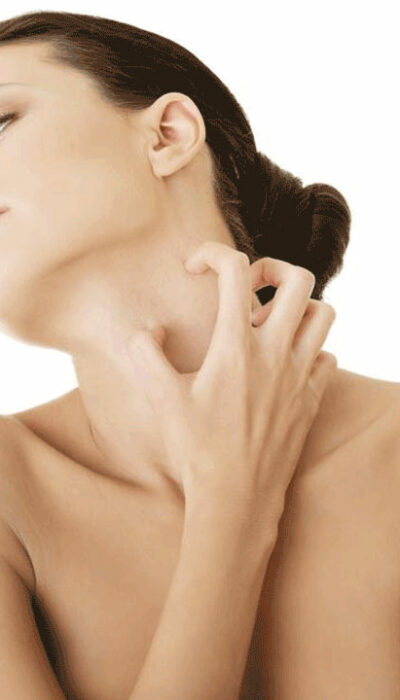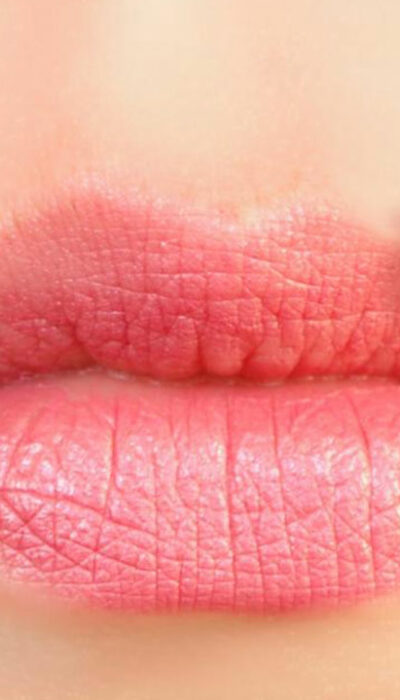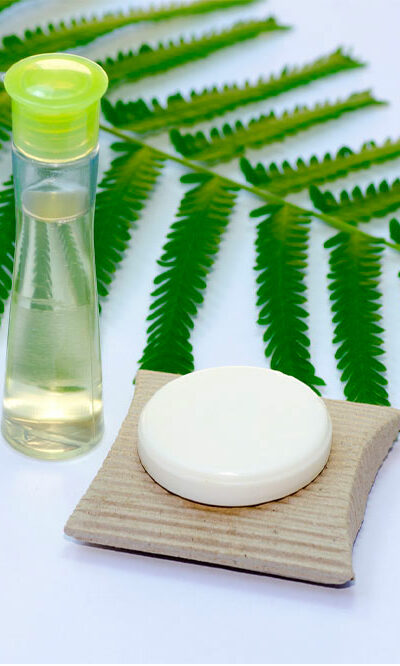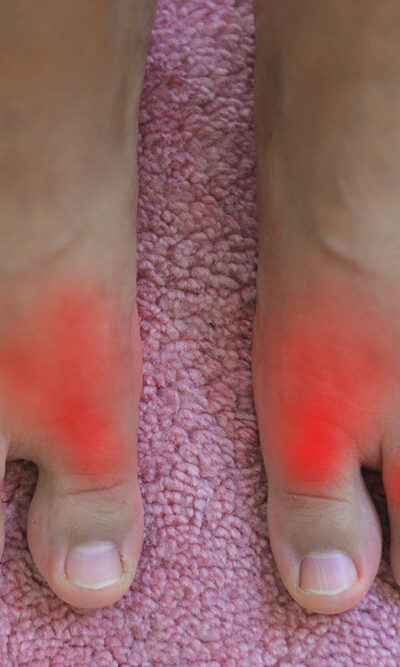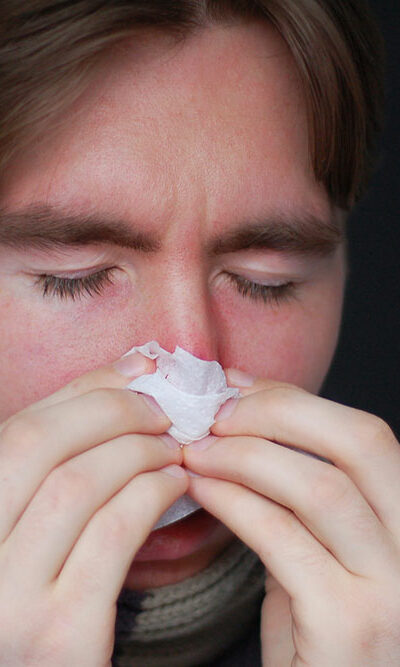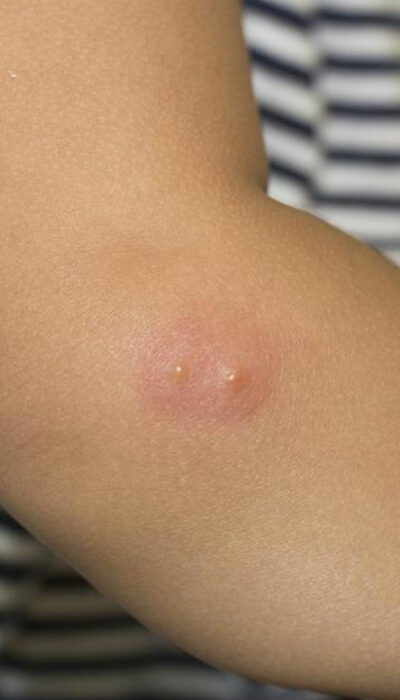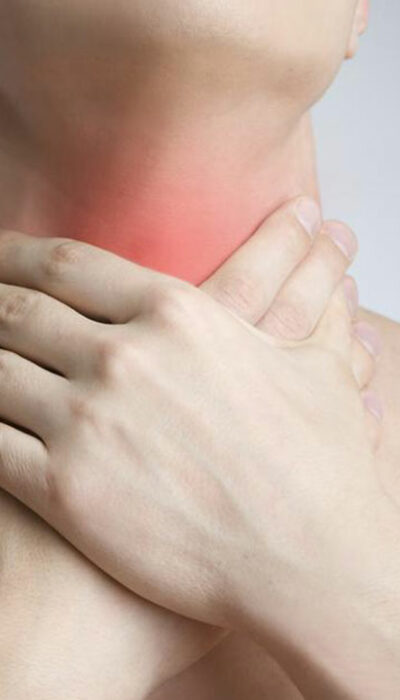
Do You Have These Milk Intolerance Symptoms?
Milk intolerance is a condition where the body is not able to easily digest the natural sugar that is found in milk leading to several gastrointestinal problems on the consumption of milk or any other dairy products. Watch out for these milk intolerance symptoms so you can avoid the inconvenience. Inability to digest lactose is medically termed as lactose or milk intolerance. Milk intolerance is a condition that is caused by the deficiency of the intestinal enzyme called lactase, which splits lactose into two sugars called glucose and galactose. This splitting is what helps lactose to be absorbed by the intestine. Hence it can be said that milk intolerance is a direct effect of a lactase deficiency. Lactase deficiency is caused in the body due to a certain mutation in the gene that is responsible for the production of lactase. This condition is also referred to as a congenital cause of milk intolerance. Secondary causes of milk intolerance include damaged lining of the small intestine and developmental lactose intolerance, which is a gradual genetically programmed decrease in the amount of lactase produced from the patient’s childhood itself. This decrease continues through adulthood, and is categorized as adult-type hypolactasia. The severity of milk intolerance varies depending on the amount of lactose that has been consumed by the patient. It has been clinically proven that it takes from 30 minutes to an hour for the milk intolerance symptoms to surface after the consumption of any dairy products. The following are certain prominent milk intolerance symptoms that need to be paid attention to in order to seek treatment in good time: Diarrhea Milk intolerance symptoms such as diarrhea appear in the early stages of the reaction. Since the body is unable to break down the sugars and digest lactose, it causes problems with the digestive system that leads to diarrhea on consumption of any dairy products like milk, cheese, etc.
